Mozambique: President appoints Carlos Mondlane as Judge Counsellor of the Supreme Court
Mozambique: Wounds, latent tension mark 50 years of independence – CC President
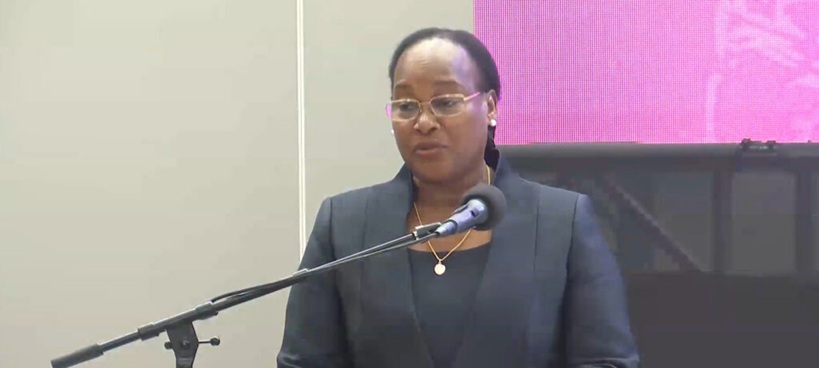
Photo: O País
The president of the Mozambican Constitutional Council said on Monday that Mozambique’s 50 years of independence have been marked by “historical wounds” and “latent tensions,” calling for the country’s “failures and persistent challenges” not to be marginalised.
“There is a tendency, at times of celebration, to prioritise the victories and achievements of the Mozambican people. However, this cannot mean marginalising our failures and persistent challenges. We are marked by historical wounds, persistent inequalities and latent tensions,” said the president of the Constitutional Council (CC), Lúcia Ribeiro, at the opening of the seminar on 50 years of the Mozambican Constitution in Maputo.
For Ribeiro, the celebrations of 50 years of Mozambican constitutionalism, which coincide with the country’s independence, should be an opportunity to reaffirm national unity in the light of the Constitution, which she argued is based on the principles of a unitary, democratic and social republican state governed by the rule of law.
“Calls for national unity are not enough. We must be aware that, in our context of great social, ethnic, linguistic, cultural, religious and political diversity, this unity is a construction and that the Constitution is its foundation, guaranteeing human dignity and the construction of a freer society,” said Lúcia Ribeiro.
On the occasion, the president of the Mozambican Constitutional Council also asked students and higher education institutions to deepen their studies on constitutional matters.
Mozambique’s first Constitution was approved by the ruling Mozambique Liberation Front (Frelimo) on June 20, 1975 and came into force five days later, on the day of the declaration of independence after the struggle against Portuguese colonial rule. Since then, it has undergone revisions, particularly in 1990, with the introduction of a multiparty system.
Mozambique celebrates its independence on Wednesday at the Machava Stadium, in Maputo, where Samora Machel, the country’s first president, proclaimed national independence after a struggle against Portuguese colonial rule that began on September 25, 1964.


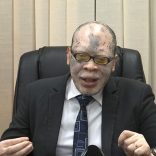
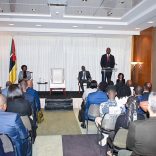


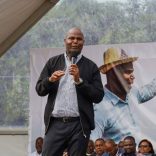
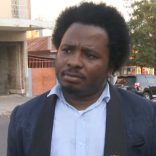




Leave a Reply
Be the First to Comment!
You must be logged in to post a comment.
You must be logged in to post a comment.